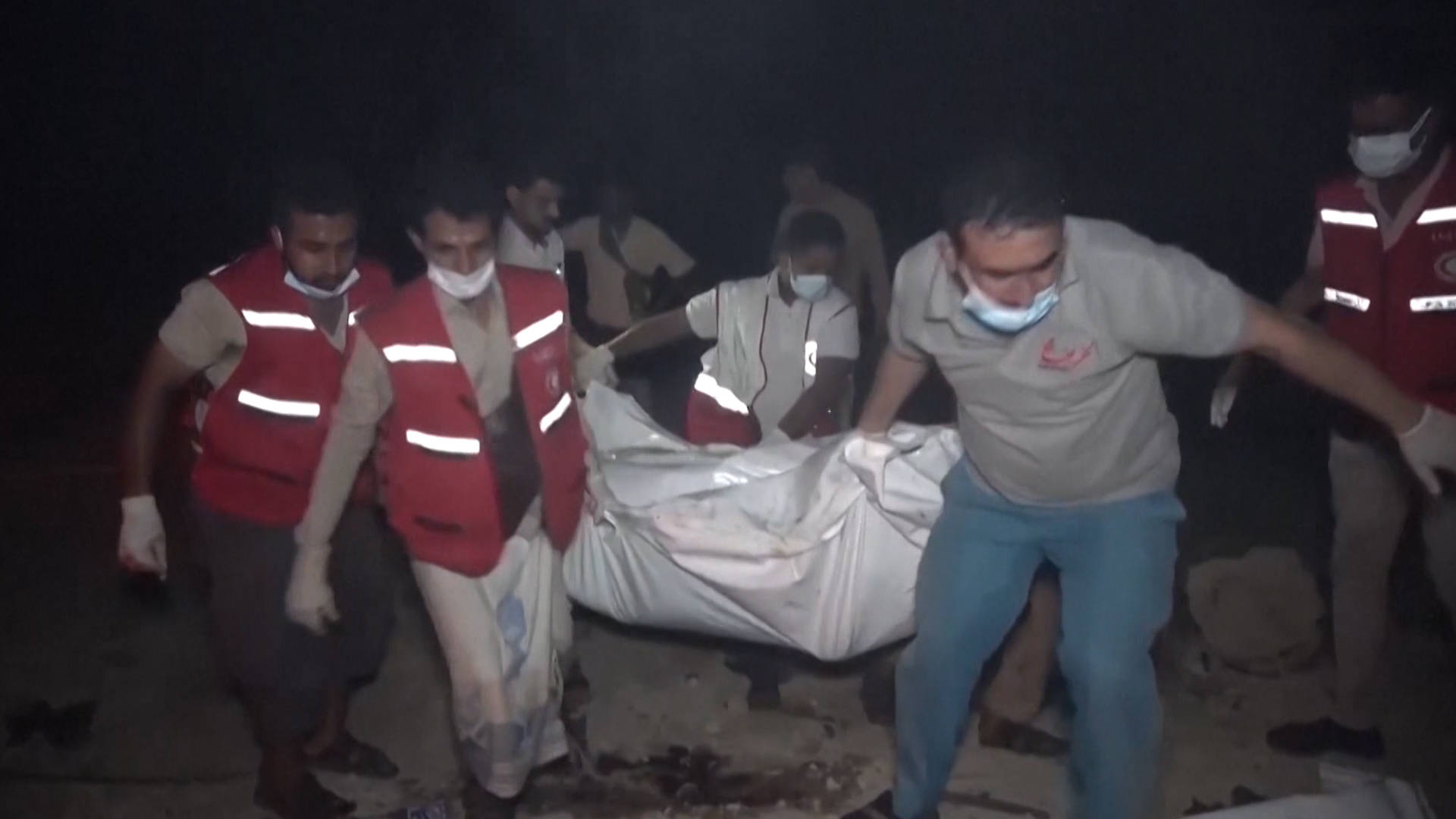U.S. Bombing of Yemeni Oil Port: A Call for Accountability
On April 17, a tragic event unfolded on Yemen’s Red Sea coast as a U.S. airstrike targeted an oil port, resulting in the loss of 84 lives and leaving more than 150 individuals injured. This devastating attack disproportionately affected port workers, with 49 of the deceased being employed in the facility. The incident raises significant questions about the conduct of military operations and the protection of civilians in conflict zones.
The Human Cost of Military Decisions
The bombing claimed the lives of not only port workers but also truck drivers, civil defense personnel, and family members, including three innocent children. Such a heavy toll illustrates the dire consequences of military operations conducted without adequate regard for civilian safety. The emotional and physical scars left on survivors and the families of those lost in the attack are profound.
Human Rights Implications
In the aftermath of the bombing, Human Rights Watch has issued a strong call for an independent investigation into the incident. They argue that the U.S. government’s decision to strike an active oil facility while hundreds of workers were present reflects a “callous disregard for civilians’ lives.” This phrase resonates deeply as it encapsulates the moral obligations governments have to distinguish between military targets and civilian populations.
Contextualizing the Strike
To understand the weight of this incident, it’s essential to place it within the broader context of the ongoing conflict in Yemen. The civil war, which has persisted since 2014, has led to a humanitarian crisis, with millions displaced and in need of aid. In this charged environment, military actions often take place amid complex dynamics, but the fundamental principle of civilian protection should remain paramount.
The Role of International Law
International humanitarian law is designed to protect those who are not participating in hostilities, including civilian workers engaged in essential services. The U.S., as a party to various international agreements, has legal obligations to minimize civilian casualties and to conduct thorough assessments before carrying out strikes. The heavy civilian toll from this bombing raises serious questions about compliance with these legal standards.
Calls for Accountability
Human Rights Watch’s demand for an investigation underscores the importance of accountability in military actions. Civil society organizations and international bodies play a critical role in ensuring that violations of humanitarian principles are addressed. Public attention and advocacy can often drive change, leading to policy revisions and improved operational procedures designed to safeguard civilian lives in the future.
Impact on U.S. Foreign Policy
This incident could have broader ramifications for U.S. foreign policy in the region. Critics may argue that such military actions further alienate the United States from local populations and undermine its stated commitment to human rights. An investigation could set a precedent for how the U.S. approaches military operations moving forward, particularly in conflict-affected areas.
Voices from Survivors
Survivors of the bombing and relatives of the victims have begun to share their stories, highlighting the human elements of this tragedy. Their voices serve as powerful reminders of the real-world implications of military decisions. In addition to the emotional grief, many now face economic hardships, as families lose income earners and local economies suffer disruptions from such violence.
The Future of Military Engagement
As discussions unfold regarding the investigation called for by Human Rights Watch, the focus must be on accountability, redemption, and reform. The international community will be watching closely to see how the U.S. addresses this tragedy and what measures are taken to prevent similar incidents in the future.
With the spotlight on civilian casualties in warfare, it’s imperative for global leaders to recommit to the principles of humanitarian law, ensuring that actions taken in the name of security do not come at the expense of innocent lives.


